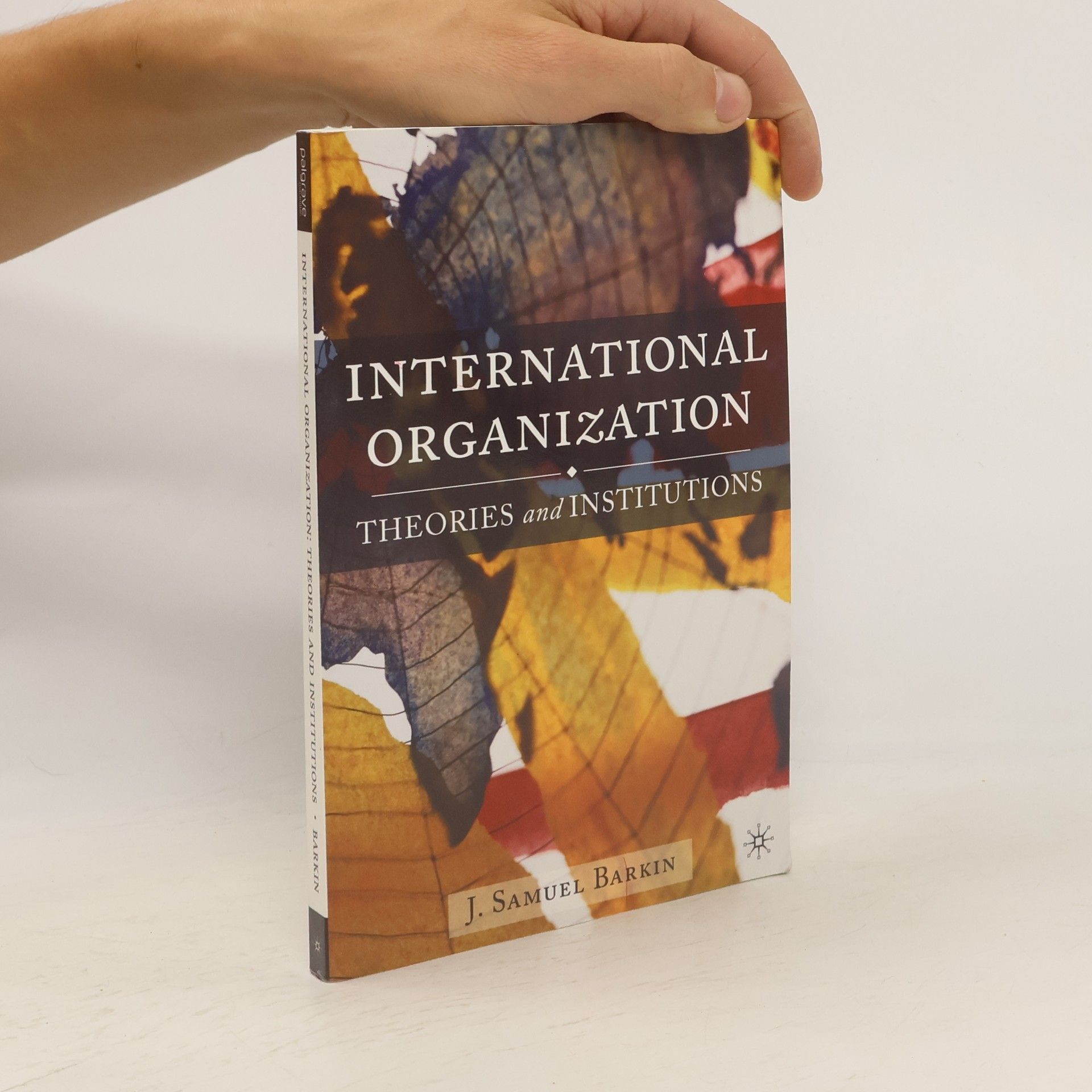Often we hear about sovereignty as competitive, requiring protection from other states. Barkin argues that states are invested in sovereignty as a property exclusive to states, above any competition. Sovereignty is a collusion, a cartel, through which states maintain otherwise-unjustifiable exclusive property-related privileges.
Jeffrey Samuel Barkin Book order (chronological)



The book explores the compatibility of realism and constructivism in International Relations, challenging the notion that they are opposing paradigms. Edited by prominent scholars in the field, it features a blend of theoretical exposition and critical analysis of realist constructivist approaches. Additionally, it includes a series of international case studies that illustrate practical applications of realist constructivist research, offering insights into how these frameworks can coexist and enhance understanding of global dynamics.
This book is an introduction to the study of international organizations in the field of International Relations directed toward students in the discipline. It looks at the different ways in which IOs are studied and then applies these different modes of study to a variety of specific case studies.